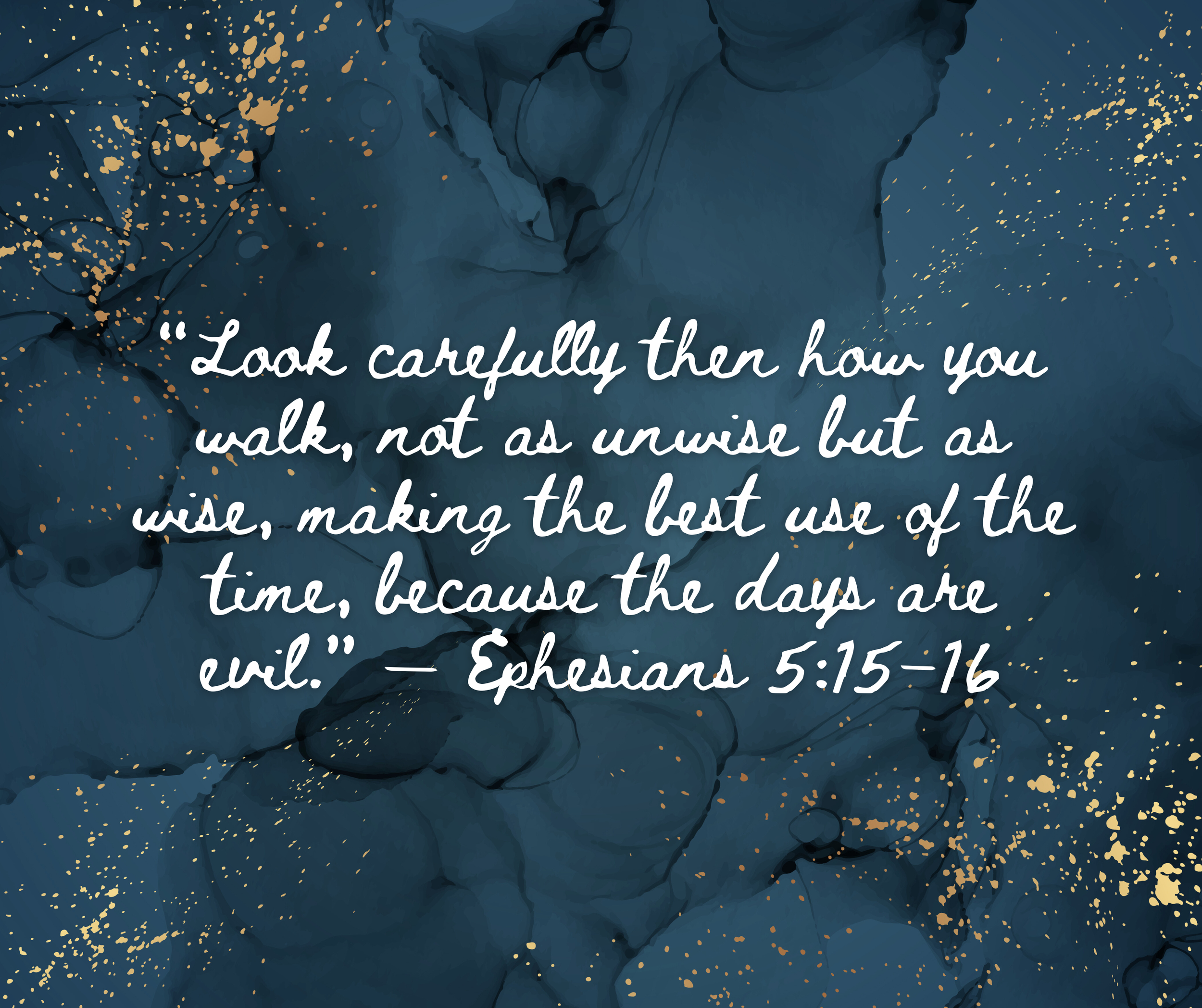A while back, a friend stopped by for a quick visit between errands. In her hurried, almost scattered conversation, she accidentally mentioned a surprise gift for me from another friend. Immediately, she exclaimed, “I didn’t mean to do that!”—and the surprise was ruined. This wasn’t unusual for her; in her rush, she often lets things slip. But it made me wonder: were her intentions careless, or was it simply a distracted mistake?
Sometimes it’s hard to tell whether certain behaviors are intentional or not. I’ve always taught my children to be intentional with everything. Intend not to do something—by choosing to be more careful about who, what, how, or when. Or intend to do something—with purpose. Either way, make it matter.Shifting from unintentional to intentional living begins with self-awareness: knowing your values, setting clear goals, and prioritizing what truly counts. It also requires mindfulness—staying present in the moment rather than getting lost in the rush of life. Building healthy habits, setting boundaries, and practicing wise time management all help move us toward living intentionally.
Finally, intentional living means reflection. Take time to evaluate your choices, learn from mistakes, and realign with your values. This journey isn’t about perfection, but about daily progress—trusting God to guide your steps as you live with purpose.
Blessings,
Marcia Gibney,
Director of Recreation Ministry

